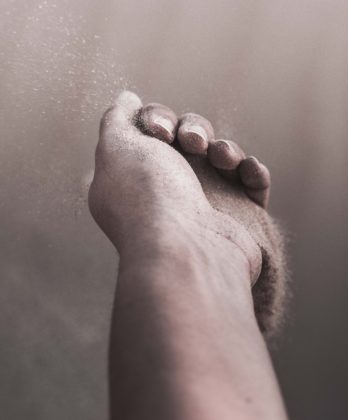- Family System Disorders
Family System Disorders
Alcoholism and other drug addictions are a family-system diseases yet the alcoholic/addict is often the only one who gets help. The greatest focus is on the user and the idea that everything would be perfect if she or he just stopped using or drinking. Yet this belief is far from the truth. To cope with the stress of living with addiction, family members unconsciously take on some dysfunctional roles—roles that leave them in an unhealthy place mentally, emotionally, physically and spiritually. To escape these roles, family members need a great deal of help.
All living creatures do what is needed to reduce stress and discomfort, with a natural tendency to seek out a reduction of anxiety. Humans are no exception. The alcoholic/addict creates an environment full of stress and uncertainty, and the natural path of the family is to figure out how to live in this chaotic environment with the least amount of difficulty. So they adapt their behaviors and assume some typical roles. Unfortunately, the roles family members take on only serve to entrench the dysfunction into a deeper and darker place, which becomes increasingly harder to climb out of. Let’s take a closer look at some of the most common roles.
The Enabler
Some roles require a heavy dose of denial. The most well-known role that fits that criterion is The Enabler. The enabling person may make excuses for the alcoholic/addict and may run to their rescue every time they experiences a consequence of the addicts using or drinking. Some enablers are not motivated by any desire to protect the alcoholic/addict but may be focused on protecting the family image or preventing embarrassment.
The Scapegoat
If you are currently, or have ever, lived in a family with an addict or alcoholic who has children, you can probably easily identify these next roles. The Scapegoat is the person who constantly creates trouble in order to keep the attention off the real issue. This can be through earning bad grades, getting in legal trouble or skipping class. The Scapegoat is very skilled in the deflection of attention off the alcoholic or addict.
The Hero
Opposite The Scapegoat is The Hero, who excels in school and tends to do well in everything. Many people will identify this child as the “one who’s gonna go far.” The motivation behind this role is not much different than the scapegoat. Heroes deflect attention off the alcoholic/addict, but it is done in the hopes that the addicted parent will stop using because of the hero’s behavior.
The Mascot
Next is The Mascot, who is the clown of the family. Nothing seems to be serious to the child playing this role. While mascots are fun to be around, there is typically suffering behind the smiling faces. Once again, this role draws attention away from the alcoholic/addict.
The Lost Child
We are left with The Lost Child who is not successful at deflection because he is withdrawn and finds it easier to hide than to confront issues. This is typically the “good child” people talk about when describing the family.
Overtime, all of these roles become very resistant to change, and when the alcoholic/addict gets clean and begins a life of recovery, many of the people in the family feel more stress than before. The enabler may find that she is being shunned as the recovering person begins to reduce his dependence on her. The hero might lose the attention he once received, ultimately being stripped of his hero status among friends and neighbors. It is not uncommon for many family members to secretly wish for a return to using or drinking.
Recovery is not just for the addict or alcoholic, and it is difficult for the alcoholic/addict to live a life of recovery if the family system around him still thrives in dysfunction. We provide intensive workshops for family members and offer family therapy sessions to help start the family on a path of recovery from the devastating effects of this disease. We also have resources available for younger children to get the help they need.

Discover the RIGHT TREATMENT & START YOUR NEW BEGINNING
CONTACT US